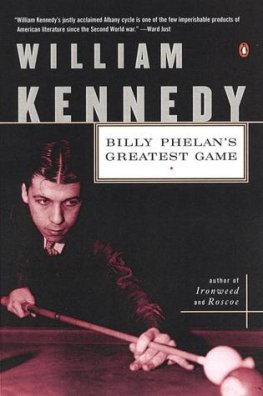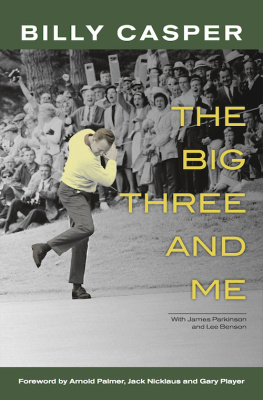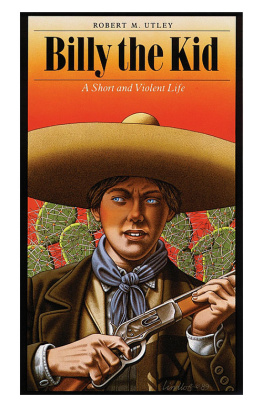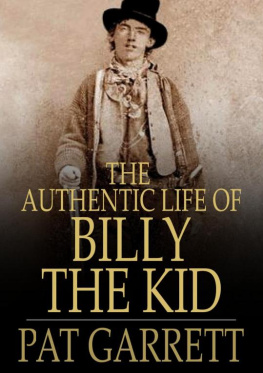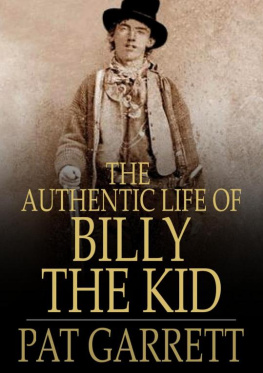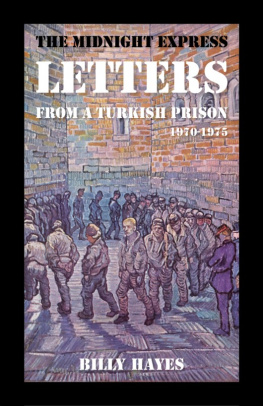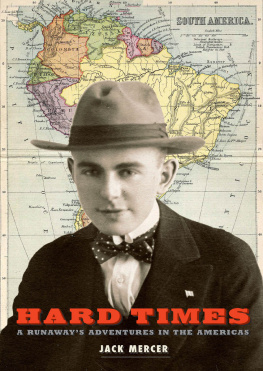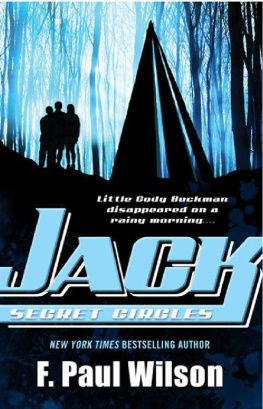DON CARPENTER (19311995) was born in Berkeley, California, and grew up on the West Coast. He served in the air force during the Korean War, attended the University of Portland, and received a B.S. from Portland State College and an M.A. from San Francisco State College. Carpenter, his wife, Martha, and their two daughters settled in Mill Valley, near San Francisco, and he became good friends with the local writers Evan Connell and, especially, Richard Brautigan. His first book, Hard Rain Falling, was published in 1966 and was followed by nine other novels as well as several collections of short stories. Carpenter also wrote for the movies and television and spent a good deal of time in Hollywood, the subject of several of his novels. Plagued by poor health in his later years, he committed suicide at the age of sixty-four.
GEORGE PELECANOS is the author of sixteen novels and was a writer, story editor, and producer on the HBO series The Wire.
Hard Rain Falling
Don Carpenter
Introduction by George Pelecanos
New York Review Books
New York

Contents
Introduction
A couple of years ago the memoirist and fiction writer Chris Offutt urged me to read Don Carpenters Hard Rain Falling, first published in 1966. As promised, it was the kind of infrequent reading experience that can only be described as a revelation. Inexplicably, the book has long been out of print, and its republication is cause for celebration.
Many debut novels boil and sometimes overboil with a voice edging toward manifesto; its rare to see one hit the mark with the assuredness, maturity, and authority of Hard Rain Falling. It is not, as it has often been described, a crime novel, though it does concern itself peripherally with criminals and their milieu. I hesitate to classify the novel as either a literary or genre work because Im not sure Don Carpenter would have cared about the distinction. By his own admission he aimed to write cleanly, with his intended audience the general public rather than the gatekeepers of academia. Hard Rain Falling is populist fiction at its best. It is not just a good novel. It might be the most unheralded important American novel of the 1960s.
The book begins with a prologue set in eastern Oregon in 1923. In the small town of Iona, a young cowboy named Harmon Wilder meets a sixteen-year-old runaway named Annemarie Levitt and impregnates her. She goes away to a home for unwed mothers and returns to Iona alone. Harmon Wilder becomes a hardworking employee of a ranch and a drunk with looks damaged by alcohol and the sun. Annemarie goes to live with the Indians. Harmon is killed at twenty-six when a horse kicks him in the head. Not long after, Annemarie ends her life with a ten-gauge shotgun. Carpenter finishes the prologue in typically terse style: She was twenty-four at the time. The Indians buried her.
We first meet Jack Levitt, the abandoned son of Annemarie, in 1947. Having escaped from an orphanage, he now runs with a group of hard teenagers who hang on the corner of Broadway and Yamhill in Portland, Oregon. Jack is large, strong, and good with his hands. He can fight but has no other discernible talent. Hes at the age when the brains of certain boys are disproportionately wired for impulsive behavior over conscience or reason. His needs are elemental:
He knew what he wanted. He wanted some money. He wanted a piece of ass. He wanted a big dinner, with all the trimmings. He wanted a bottle of whiskey.
Jacks not a sociopath. Hes a young man whos never been socialized or loved.
In Portland, Jack befriends Denny Mellon, a loose, larcenous boy, and Billy Lancing, a spectacularly talented, genial young pool player who has drifted into town on the hustle. The color of his skin was a malarial yellow, and it was obvious from that and from his kinky reddish-brown hair that he was a Negro. The issue of Lancings race will reappear throughout the novel, and Carpenter handles it with honesty. Also, Carpenters descriptions of pool halls and the intricacies of various billiard games are top-shelf, as are his tours of the rooming houses, diners, and boxing arenas of the Pacific Northwest. Fans of Nelson Algren, Walter Teviss The Hustler, and W.C. Heinzs The Professional will find much to admire in this book.
After an incident involving a break-in, Jack is sent to reform school in Woodburn. His stay includes months in solitary, detailed by Carpenter in a frightening, bravura piece of writing. Jacks next stop is a stint in the state mental institution in Salem. He is released; boxes semiprofessionally; does jail time in Peckham County, Idaho, for rolling a drunk; and gets work in eastern Oregon bucking logs for a wildcat outfit. Drifting down to San Francisco, he meets up with Denny Mellon, now in his mid-twenties and a full-blown alcoholic, in a poolroom. They go to Dennys room in a flophouse overlooking Turk Street, and hook up with two brittle young women, Mona and Sue. Jack has his way with both of them. The sex is loveless, mechanical, and artfully described. Here Jack begins to feel the first touch of self-awareness and realize his true nature:
You know enough to know how you feel is senseless, but you dont know enough to know why. Sitting in another lousy hotel room waiting for a couple of girls youve never seen before to do a bunch of things youve done so many times it makes your skin crawl just to think about it. Things. To do. That you dreamed about when you couldnt have them. When there was only one thing, really, that made you feel good, and now youve done that so many times its like masturbating. Except you never really made it, did you. Never really killed anybody. Thats what youve always wanted to do, smash the brains out of somebodys head; break him apart until nothing is left but you. But you never made it.
Jacks realization is not enough to save him. He hits bottom with Denny Mellon, with Mona, with himself. He goes on a long drinking binge and considers taking his own life:
For a moment he felt a drifting nausea as his mind helplessly moved toward the idea of suicide. He steadied himself and faced it, as he had known all the time he must: I am going to die. Why not now? He felt cold and sick. Well, why not? What the fuck have I got to live for?
The whiskey bottle was in his hand, and he lifted it, holding it up before his eyes. Do I want some of this? Do I want another drink? Suddenly it was very important to know. If he did not want a drink, he did not want anything. If he did not want anything, he might as well die. Because he was already dead.
"Bullshit," he said aloud. Bullshit. Im just in a bad mood. He tilted the bottle to his mouth and drank, his eyes closed.
Jack stumbles once again, as he knew he would. Trusting the wrong people, not yet fully understanding the mechanics of a system that has kept him incarcerated his whole life, hes sentenced to adult time at San Quentin in Chino. There he meets up again with Billy Lancing, in for bopping aa check. They become cell mates and confidantes. And, in what must have been a shocking plot development at the time of the books release, they become lovers. Carpenters handling of masculinity issues and homosexuality at San Quentin, where the prison seemed alive with affairs, is matter-of-fact, nonexploitative, and frequently moving.


